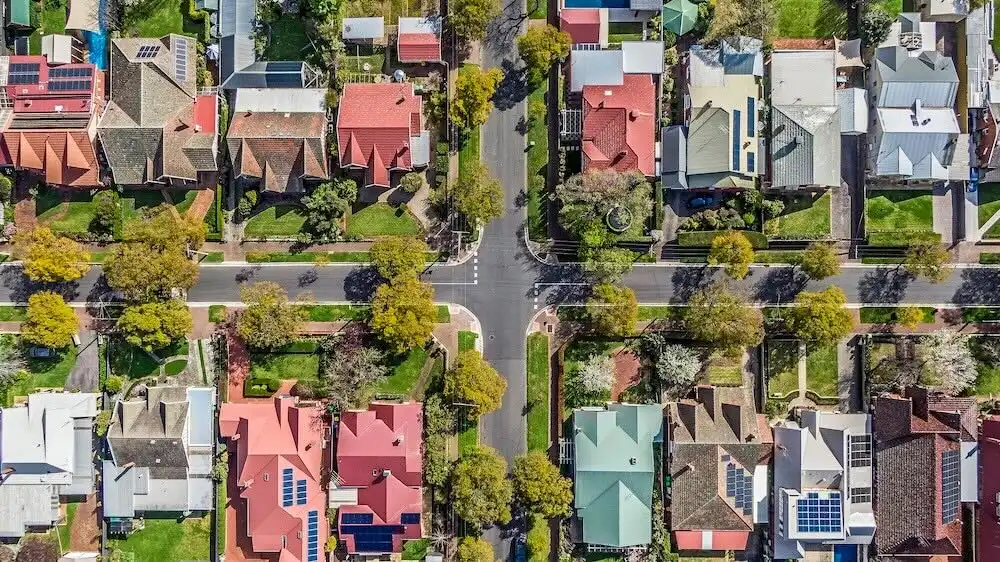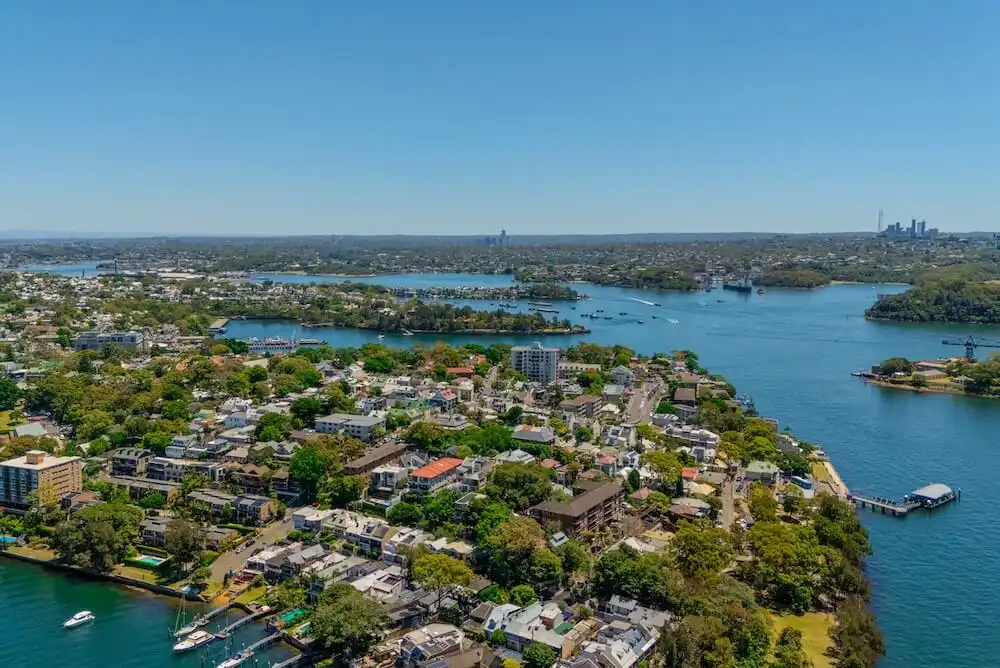How will the RBA's latest rate hike impact the property market?
Australians enjoyed four consecutive months without a rate hike after the June 2023 increase, but the RBA's fight against inflation isn't over yet.
Nationally, home values have been steadily rising, but the central bank's decision to raise the cash rate +0.25 per cent in November could dampen the recovery.
Find out what a range of experts have to say about what this latest hike could mean for the property market.
Why did the RBA decide to hike again?
Mid-way through the year, it was looking like the aggressive run of rate increases had been doing its job of reducing inflation at a satisfactory pace.
Unfortunately, despite the cash rate sitting at a decade-high of 4.10 per cent since then, the Reserve Bank's new governor Michele Bullock explained that inflation hasn't stuck to the path they were hoping for.
"Inflation in Australia has passed its peak but is still too high and is proving more persistent than expected a few months ago," she said.
"Since its August meeting, the Board has received updated information on inflation, the labour market, economic activity and the revised set of forecasts. The weight of this information suggests that the risk of inflation remaining higher for longer has increased."
Bullock's statement didn't rule out any further hikes, placing a question mark on where the cash rate goes from here.
November's rate hike may slow, not stop, the property market
Price growth has been strong in may markets across the country this year, but a number of economists and industry experts are suggesting the November rise could throw a spanner in the works.
CoreLogic's head of research Tim Lawless said the latest decision "is likely to disrupt confidence and take some further heat out of the housing market rebound."
He added that "while growth in housing values is likely to slow further, it’s hard to see prices going backwards over the near term."
PropTrack senior economist Eleanor Creagh echoed these sentiments, noting that there are still a number of tailwinds for the property market.
"This additional increase in interest rates may slow the current pace of home price growth but is unlikely to deter these gains, with strong population growth, tight rental markets and a housing shortfall fuelling further price rises," she said.
SQM Research's managing director Louis Christopher took a more negative view, suggesting that the weight of the past 18 months could become too much.
"We need to recall that monetary policy action takes time to impact the greater economy. The more recent indicators such as auction clearance rates are suggesting some caution in the marketplace and I think with this rate rise we’re going to see more caution," he said.
Christopher expects Sydney, Melbourne and Canberra prices to drop in 2024 while he sees further growth for Perth and Brisbane.
Where do rates go from here?
Many economists already believed that the RBA's November decision would be a tight call. While Bullock's statement left the door open for further hikes, right now it's widely predicted that won't happen.
The latest forecasts show three of the big four banks predicting rates to hold at 4.35 per cent until the latter stages of 2024 when cuts could finally emerge.
NAB is the outlier, expecting one further hike up to 4.60 per cent to come in February as a final effort to get inflation back into the RBA's target range.
RateCity's research director Sally Tindall pointed out that the full effects of rate hikes can take some time to be felt.
"While the big four banks typically take 10 to 14 days to charge variable borrowers higher rates, they give customers between two to three months’ notice before any extra money comes out of their bank account," she said.
“This means today’s decision won’t hit most people’s budgets until 2024, giving households time to take matters into their own hands."
With any luck, November's hike is the last we'll see of this tightening cycle before cuts can be delivered later next year.
Despite the high cash rate environment, the big four banks are still forecasting national property price growth of between +3 and +5 per cent for 2024.




